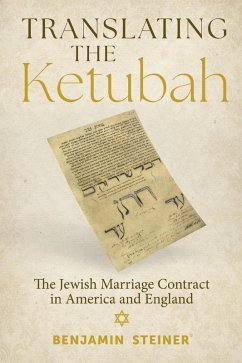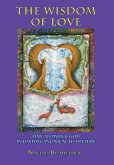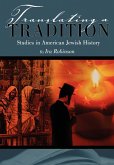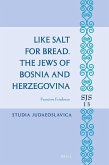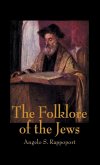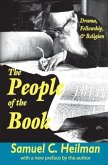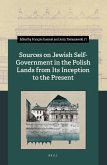"In How the Words Mattered: Translations of the Jewish Marriage Contract in America and England, Benjamin Steiner discusses the ketubah-the Jewish marriage contract-which has been an object of scholarly study principally as a facet of Jewish theology and law, until now. Steiner, however, focuses on the translation of the ketubah into the modern vernacular English language, an aspect of the tradition which has been almost completely ignored. English translations of the ketubah dramatically illuminate the experiences of American and British Jews over a period of more than 200 years, including the relation of the law of the land to religious law, the evolving status of women within and outside Judaism, and the desire of Jews in the United States and England to be both authentically Jewish and fully acculturated. All of this, Steiner argues, manifests in the way the ketubah has been rendered into the English vernacular. More broadly, it explores the ketubah as a method by which Jews facilitated larger goals and processes. The traditional ketubah does represent the maintenance of rabbinic law in nations where religious affiliation was voluntary, an objective in which early American synagogues were deeply vested. Alternately, the ketubah became a convenient way for antebellum Jews of all classes to ensure a married woman's economic security given secular laws that impeded her economic agency. Later on, as non-Jews increasingly attended Jewish nuptials, a modified ketubah proudly read aloud became an agent of social accommodation on both sides of the Atlantic. And, in the mid-twentieth century, the American Conservative rabbinate marshaled the ketubah to fight a perceived crisis of the Jewish family. Ketubah translation links these disparate aims together, especially because the authorship of translations entails telling choices from which historians can glean insights into the past. Ketubah translation was a primarily local affair through the 1870s, when American Jewish life was predominately local. As such, the first three chapters of the book are organized around state-specific foci: New York in Chapter One, South Carolina and Georgia in Chapter Two, and California in Chapter Three. This discloses previously unexamined nuances in the way the ketubah was used in different parts of the country. By contrast, the chapters in the latter half of the book are national and international in scope, as a ketubah translation from England came to dominate the American scene in the 1890s, and even later as different movements in American Judaism consolidated, evolving the ketubah in new directions for their constituents. Jews reinvented the ketubah over and over as they transformed the text to suit social and economic contexts. Rarely have documents with so few words offered so much analytic potential, and rarely have documents with so much analytic potential elicited as few words of scholarship as English-translated ketubot. Jews tailored ketubah translations to the cultural realities they encountered, and Steiner's manuscript sheds light on that process"--
Hinweis: Dieser Artikel kann nur an eine deutsche Lieferadresse ausgeliefert werden.
Hinweis: Dieser Artikel kann nur an eine deutsche Lieferadresse ausgeliefert werden.

